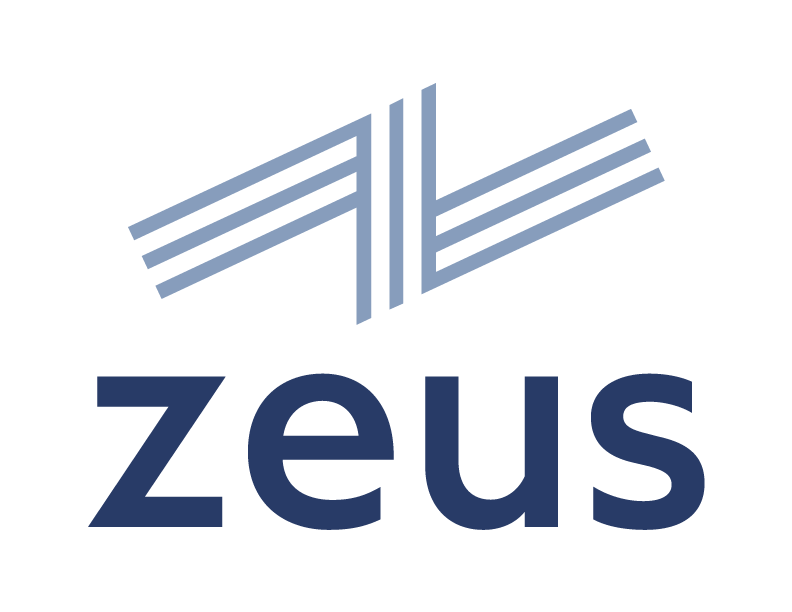Why Airbnb-Backed Zeus Living is Shutting Down After Raising $150M
Zeus Living, a San Francisco-based startup offering furnished housing for business travelers and remote workers, is shutting down operations after 8 years and $150 million in funding.
This closure comes on the heels of WeWork’s bankruptcy filing, highlighting the struggles faced by real estate tech startups in the current economic climate.
As interest rates rise and recession concerns grow, Zeus and other proptech firms are finding it increasingly difficult to make their business models work.
So why did the Airbnb-backed Zeus Living fail after such a massive amount of funding? Let’s break it down.
The Zeus Living Business Model
Unlike Airbnb and Sonder which focused on short-term vacation rentals, Zeus Living catered to business travelers and remote workers looking for longer but still flexible stays of a month or more.
The company leased properties in major US cities, furnished them using in-house designers, and then sublet them fully managed. This allowed Zeus to offer clients – often relocated employees or project-based workers – corporate housing suited to extended but temporary stays.
Zeus Living operates in San Francisco, Los Angeles, New York, Seattle, and Washington DC. Its portfolio grew to over 2000 homes before the shutdown.
The company made money by leasing properties at wholesale rates but renting them out at retail prices to tenants. The furnished homes commanded a premium over unfurnished options.
Why the Model Failed
While the flexible corporate housing model showed initial promise, Zeus Living struggled to make it work over the long run. A few key reasons led to its downfall:
1. Real Estate Market Downturn
When Zeus Living raised its last funding round in late 2021, the real estate market was booming. Investors saw proptech startups like Zeus as a promising bet.
But as interest rates rose in 2022, the real estate tide turned. Rising mortgage rates made purchasing properties more expensive for Zeus Living. Moreover, demand started cooling off which reduced rental yields.
This market downturn squeezed Zeus’s margins from both sides – higher costs and lower revenue.
2. Recession Fears
Looming recession fears have dampened demand for corporate housing as companies cut back on relocation and travel. Remote work trends have also plateaued, reducing the need for Zeus’s extended-stay furnished rentals.
As economic uncertainty grows, investors are less willing to pour money into capital-intensive real estate startups.
3. High Overheads
Zeus Living’s business model required taking on large fixed costs in the form of lease agreements, furniture, and property management expenses.
However the unpredictable real estate and macroeconomic environment made it hard to predict cash flows. As a result, Zeus struggled with liquidity and timely vendor payments despite massive funding.
High operational costs and uncertain revenues are a recipe for disaster for proptech startups.
4. Fierce Competition
Zeus also faced fierce competition from Airbnb itself and other proptech firms like Sonder, reducing its pricing power. Competitors replicated the furnished units model while utilizing lower cost structures.
Moreover, Airbnb’s support for Zeus likely waned once it launched its own ‘Airbnb for Work’ offering.
The Decline Timeline
Zeus Living’s fall from grace occurred in stages:
- 2019 – Airbnb leads Zeus’s $55M Series B round as corporate rentals heat up
- Early 2020 – Zeus lays off 60% staff as COVID wipes out corporate housing demand
- 2021 – $125M in new funding from Initialized Capital on rebound optimism
- 2022 – Zeus cuts 50% staff amidst slowing growth and real estate cooldown
- November 2022 – Company announces winding down operations after failing to make vendor payments
Despite multiple influxes of capital, Zeus could not build a profitable business amidst the shifting real estate and economic landscape.
Related Posts
Key Takeaways
The demise of Zeus Living, just as WeWork implodes, highlights the perils of capital intensive real estate models requiring large upfront investments.
For proptech startups, a few learnings stand out:
- Avoid high fixed assets and costs unless you have very predictable demand.
- Build flexibility – use variable vendor pricing and shared resources where possible.
- Start a niche, and prove the model at a small scale before expanding and taking on overhead.
- Don’t rely too heavily on external funding, focus on building a self-sustaining model.
- Prepare for economic cycles – capital can dry upright when you need it the most.
Zeus Living’s story is a cautionary tale for startups in real estate and other asset-heavy sectors. Sustainability should trump growth for early-stage ventures in order to survive turbulent times.
While their technology and vision appeared promising, poor timing and a capital-intensive approach ultimately led Zeus Living to unravel quickly.








